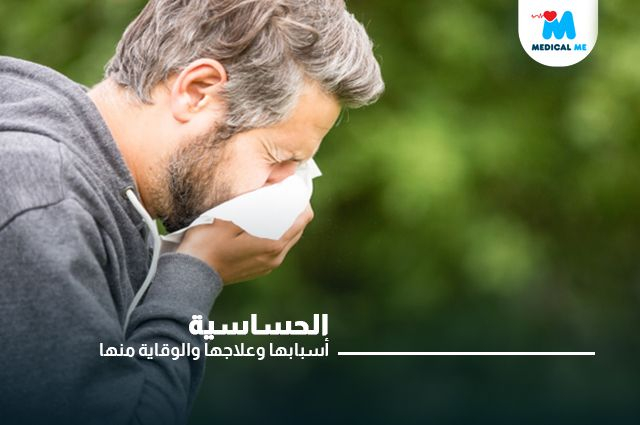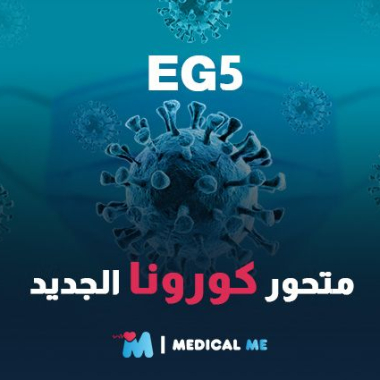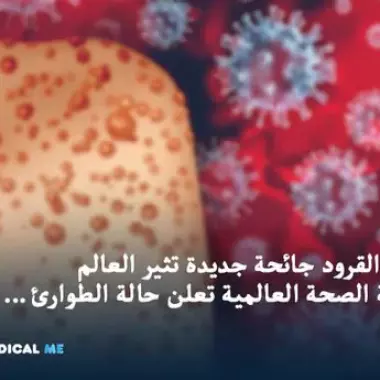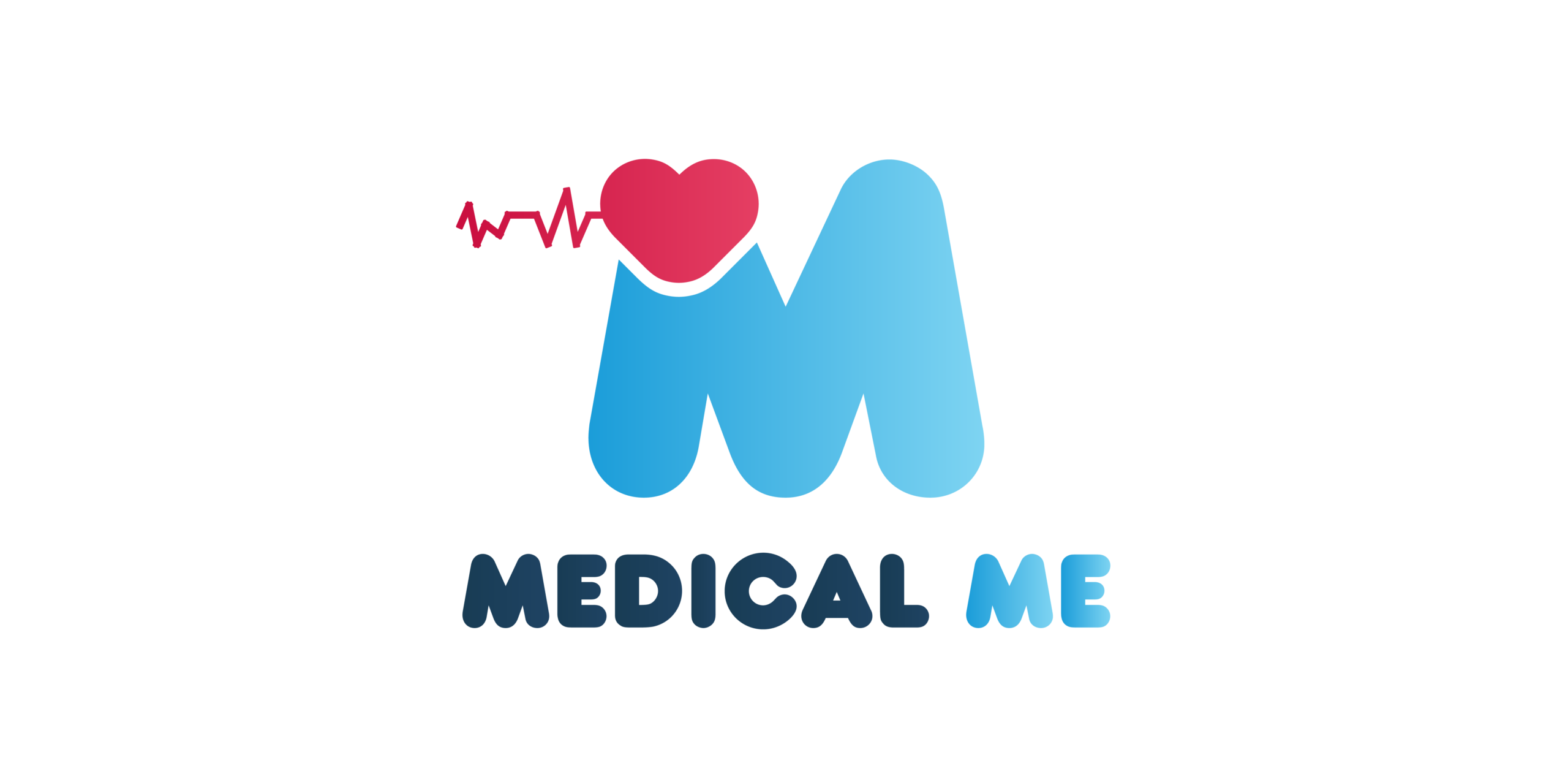Infections increase during the changing and exchanging of seasons, and the most prominent of these are allergies and their associated conditions such as flu, asthma, and inflammation throughout the body.
So what is allergy?
Allergies are a common health problem that affects millions of people worldwide. It is the result of your immune system’s reaction to any foreign substance in the environment that is generally harmless to most people, such as certain types of food and medications,
Types of Allergies
- Seasonal Allergies: Triggered by pollen from trees, grasses, and weeds.
- Food Allergies: Reactions to specific proteins in foods like peanuts, milk, and shellfish.
- Skin Allergies: Contact dermatitis caused by exposure to allergens like poison ivy.
- Insect Sting Allergies: Reactions to bee or wasp stings.
- Drug Allergies: Adverse reactions to medications.
As for the causes
There are several factors that lead to the appearance of allergy symptoms:
- Some foods like peanuts, eggs, and strawberries.
- Insect bites and their eggs secreted into the blood or their feces and your subsequent contact with them.
- Animal saliva and dander.
- Airborne pollen, and dust mites (which are a type of moth).
When your immune system faces one of these factors, it secretes a substance called histamine, which in turn leads to the appearance of:
Allergy Symptoms
- sneezing and severe or blocked nasal discharge.
- rhinitis and eyes, and redness.
- Skin rash, accompanied by pimples and inflammation.
- Swelling of the lips, face, or tongue, and inflammation in the respiratory tract leading to difficulty in breathing.
The severity of these symptoms varies depending on the strength of the immune system and the person’s tolerance, and they occur within minutes or hours of exposure to the allergen.
Food allergies occur when the immune system reacts negatively to specific proteins in food. Common allergens include nuts, dairy, and shellfish. Symptoms range from mild hives to severe anaphylaxis. Strict avoidance and prompt treatment are crucial for those with food allergies.
How is allergy treated?
There is no specific cure for allergies, but there are several options that can reduce or manage allergy symptoms:
- Avoid or stay away from allergy triggers.
The best way to prevent allergies is to avoid the allergen. For example, if you have a pollen allergy, you should stay indoors and wear masks when necessary when going outside.
- Avoiding Allergens: Identifying and avoiding allergens is crucial. This may involve staying indoors during high pollen seasons, using allergen-proof covers for bedding, and creating pet-free zones.
- Dietary Changes: Managing food allergies through diet by carefully reading food labels and avoiding specific allergens.
-
Medications.
- Antihistamines: Reduce allergy symptoms like sneezing and itching.
- Decongestants: Relieve nasal congestion.
- Corticosteroids: Control inflammation.
- Immunotherapy: Allergy shots to desensitize the immune system.
- Immunotherapy (allergy shots)
Involves injecting small amounts of the allergen into the body to help it form antibodies against it. This means that when exposed to the allergen, you will either have a mild degree of sensitivity or not be sensitive to it at all.
- Emergency medications.
Some cases of allergies can be extremely severe and resemble shock, and can even cause death; the most appropriate solution is to use adrenaline in such emergency cases.
Allergies usually affect children frequently, as well as those with a family history of allergies and asthma. However, in any case, it is an annoying and uncomfortable condition to live with, but by following the appropriate regimen to avoid and control it, you can live peacefully. If you suffer from allergies, it is advisable to talk to a specialist doctor to determine the allergen and follow an appropriate treatment and preventive plan.
Allergies can significantly impact one’s quality of life, but with a better understanding of their causes, available treatment options, and preventive strategies, individuals can manage their allergies effectively. If you suspect you have allergies, consult an allergist for a proper diagnosis and personalized treatment plan. Staying informed and taking proactive steps can help individuals lead a healthier, symptom-free life despite allergies.
You can read more about :
Sinusitis Treatment: Different Ways To Treat Sinus Inflammation














